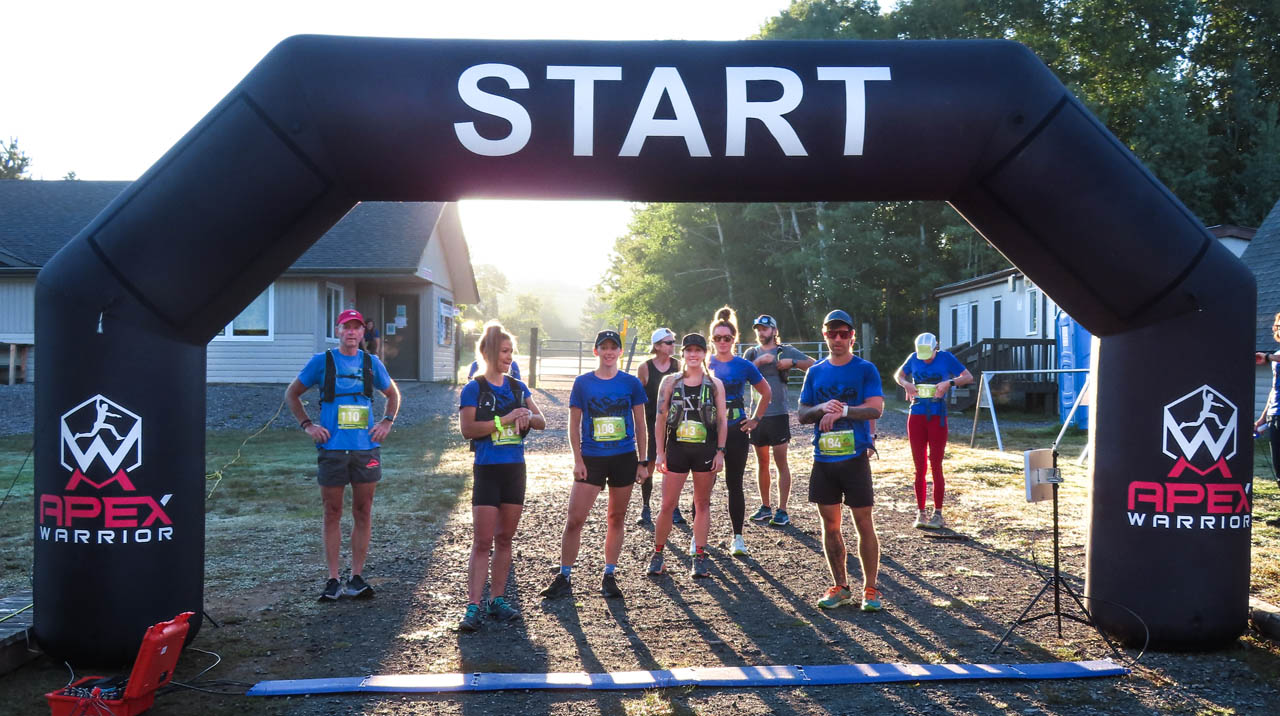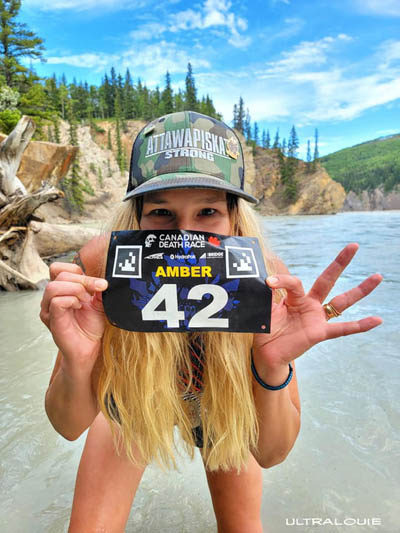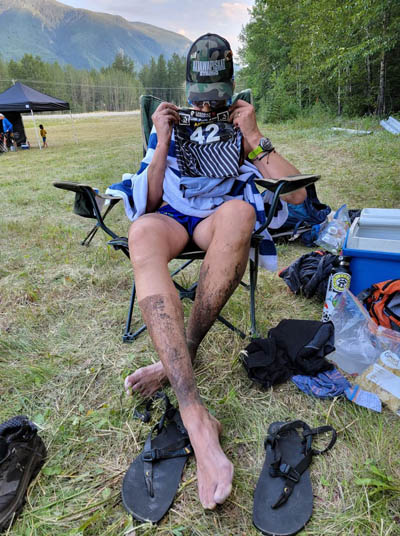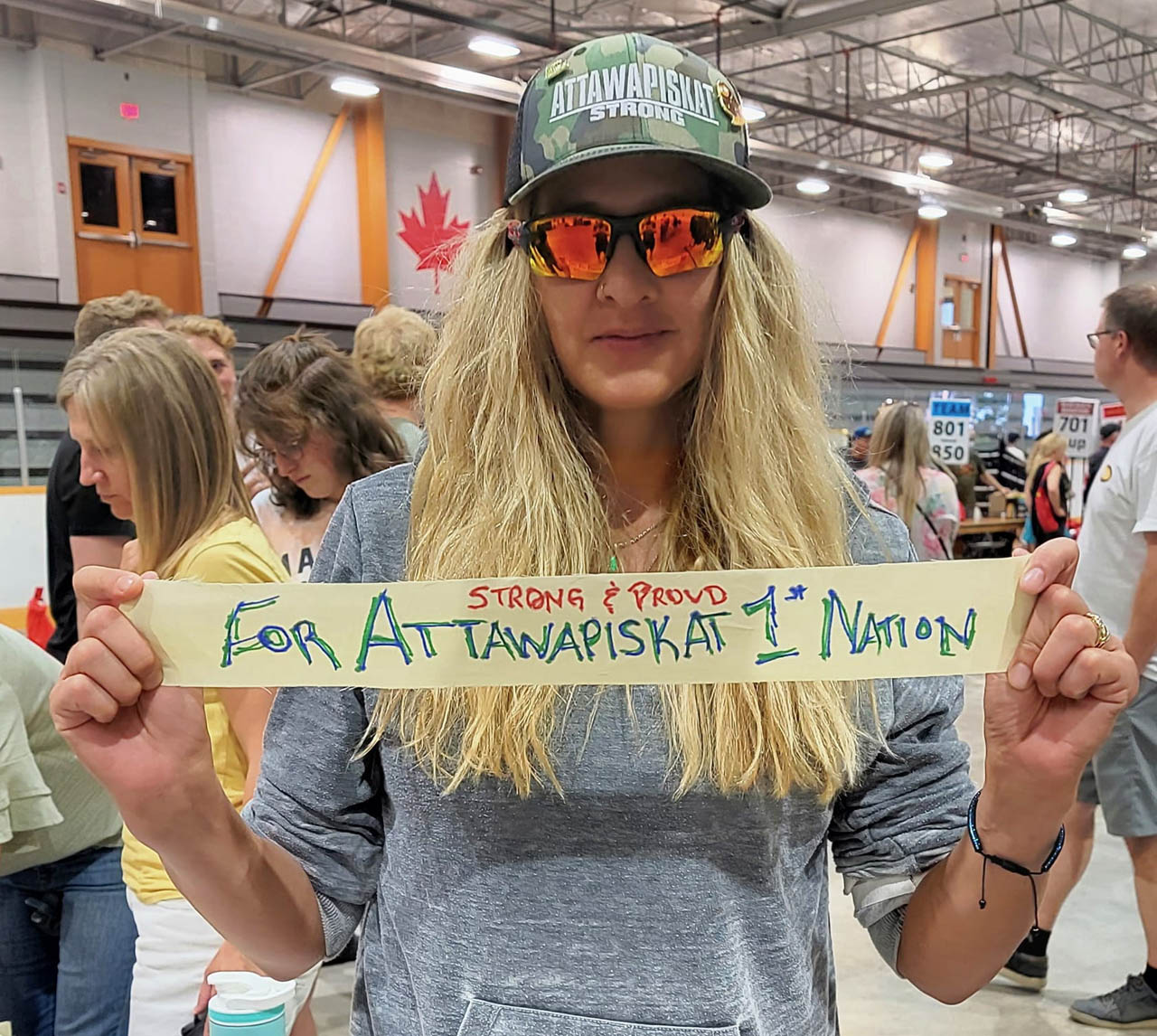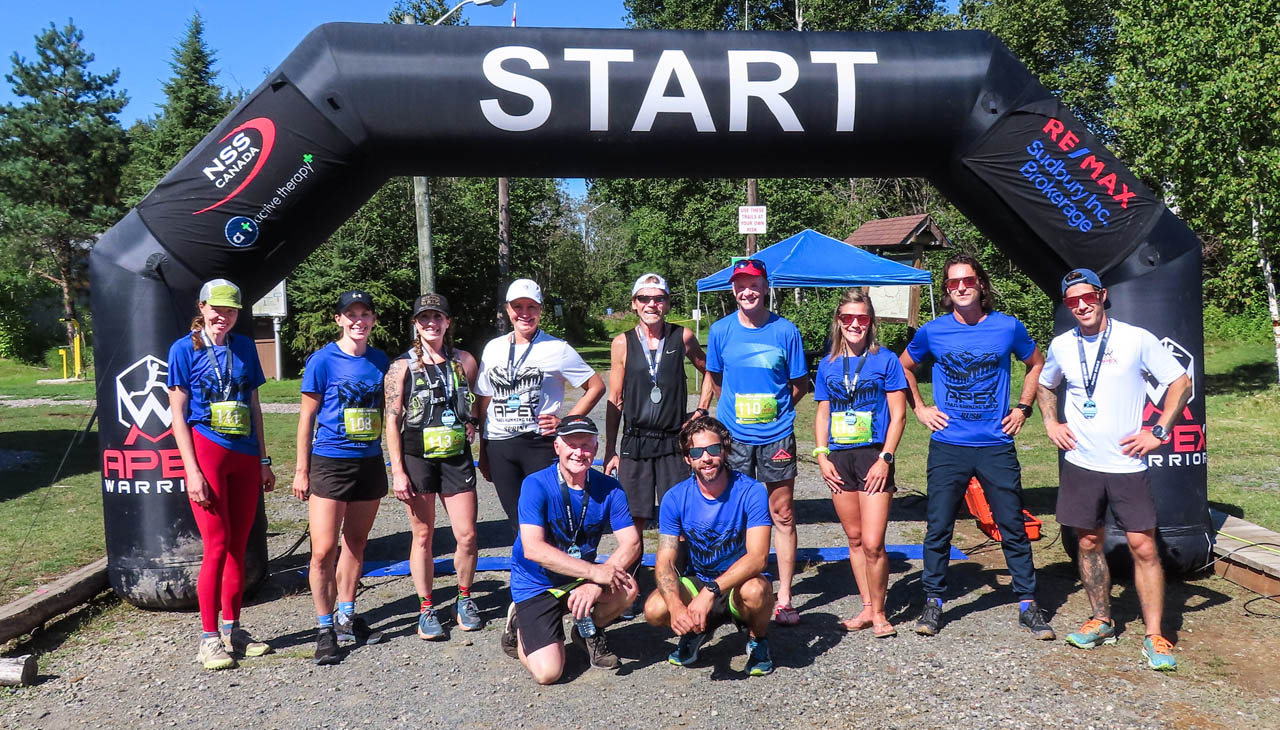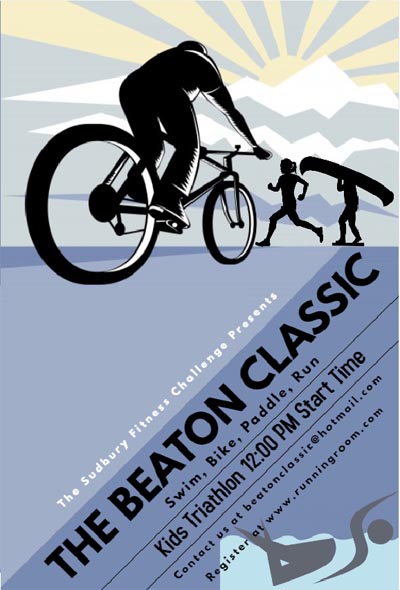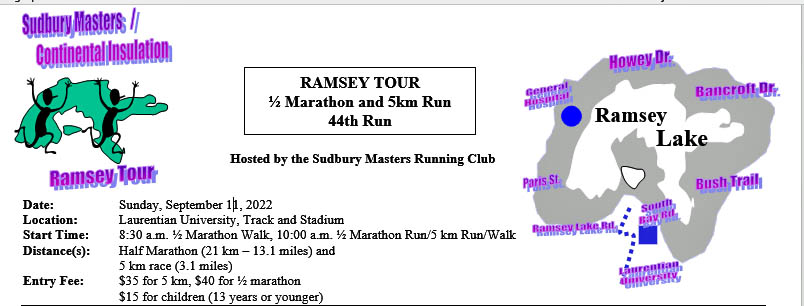The
Paralympic Games movement has come a long way.
From its start as the International
Wheelchair Games in 1948, an event staged primarily for
the benefit of war veterans, to the transition to the
formalized acceptance of the Paralympics heading and the
decision to closely link the competition to the Summer
and Winter Olympics beginning in 1988 in Seoul, the celebration
of sport no longer flies well under the radar.
Local athletes such as Steve
Daniel (rowing - 2008 - Beijing), Jeff Dickson (alpine
ski - three time Paralympian) and Colin Cameron (nordic
ski - two time paralympian) and others are now appropriately
feted and recognized for their accomplishments as they
prepare to represent the country on the biggest stage
of all.
And while 59 year-old Sudbury
native and long-time resident Gilles Lafrance certainly
enjoyed his fair share of notoriety over the course of
his career that spanned more than 30 years, the general
awareness of the Paralympics was not nearly as heightened
when he first donned the maple leaf singlet in track and
field competition in Long Island (New York) in the summer
of 1984.
One of five children in the
family, Lafrance spent many of his young formative years
in Montreal, a very fitting setting for the athlete who
did not let cerebral palsy deter from his love of sport.
“Like most kids, I
played street hockey, not a lot of team sports - but the
one sport I loved to follow is baseball,” Lafrance
noted recently. Although a life-long fan of the game,
a reality that would later play a role in his decision
to pursue high level para-athletics, the outgoing young
man would hit the diamonds for only one summer on the
west island of Montreal.
But what a summer it was.
“When I was 12 or 13,
I went out for tryouts,” recalled Lafrance. “My
dad told the league that I had some physical limitations,
but that I could catch a ball and throw. I couldn’t
be a pitcher, but I could hit a little bit.”
“We were playing a
game one night in one of the other towns. I’m playing
centerfield and a guy hits a ball to centre and I’m
sure everyone was holding their breath. I caught the ball
at the fence and was mobbed by my teammates.”
This relatively minor sporting
highlight was but a small precursor of things to come.
With treks to a handful of
Expos games with his father part of the mix each and every
summer, Lafrance would not take his next meaningful step
forward in sport until his later teens, just before the
family moved to Mississauga. A high-school teacher in
Montreal, noting that he had a couple of other students
at the school who were also dealing with C.P., decided
to start a Phys Ed class specifically for the grouping.
While the effort did not
shed a whole lot of light on the future potential of the
local paralympian, it was yet another progression in helping
Lafrance (and others) garner an increasing comfort of
their ability to compete in sport. By the time 1981 arrived
and Lafrance was offered the opportunity to compete at
the Regional Games in Peterborough, the needle had moved
to the point where he was willing to give it a shot.
He was not yet completely
sold on the endeavour, but certainly willing to give it
a shot.
Even after sweeping to victory
in the 60m/100m/200m races, a feat that he repeated at
the provincial championships in Burlington, Lafrance remained
a reluctant warrior.
Side-bar: for as much as
he had developed an affinity for baseball, most notably
as a fan of the game, Lafrance was also, in his own words,
a “big radio geek”. He was that kid who would
spend endless late night hours navigating the AM airways,
looking to find either those DJs who were larger than
life - or a broadcast of an Expos, Yankees or Tigers game,
depending on his physical whereabouts at the time.
So when the manager of the
Canadian Cerebral Palsy Sports team approached his parents
about a national training camp being held in Windsor,
one that might also involve taking in a Detroit Tigers
game during the stay, suffice to say that Lafrance had
found his motivator.
The rest, as they say, might
not quite be history - but it was extremely impressive.
Named Ontario CP Rookie of
the Year in 1981, Lafrance was selected for his first
set of World Games in Denmark in 1982, capturing gold
in the 200m and bronze in the 100m. Also immediately following
his return from his overseas adventure, the rapidly rising
star would move, with his family, to Sudbury, the place
he has called home ever since.
His first Paralympic Games,
even though the term had not yet garnered universal acceptance
and recognition, was in 1984 in New York, where Lafrance
would post highly respectable times in the 100m (12.50
seconds), 200m (25.70) and 400m (1:02 or 1:03) distances.
With the schedule somewhat
back-assward that summer and provincials scheduled some
six weeks after the Long Island competition, Lafrance
would establish new PBs back in Ontario, posting times
that would have claimed gold with the international field
earlier that summer.
Time, it seemed, to track
down a coach.
“I’m not even
sure how we originally even got in contact, but I remember
my mom telling me that there was a gentleman who was interested
in training me - but he admitted he didn’t know
anything about handicapped athletes,” said Lafrance.
That gentleman was none other
than Dr Ron Wallingford, Laurentian University track and
field coach at the time and one of the very best Canadian
marathoners of his day. “We have to make you peak
at just the right time; you peaked too late,” Lafrance
noted of his conversation with his new mentor, looking
back on 1984.
Thankfully, the World Championships
in Belgium (1986) were now directly in sight. The training
environment for Lafrance could not have been much better,
from tackling workouts with the L.U. varsity athletes
- “the students were great - I’ve never run
with a group of people that were so supportive”
- to the fact that Wallingford would register his slightly
older protegee to many of the same events as his able-bodied
athletes.
“When it came time
to go to Belgium, he (Wallingford) knew that I was ready,”
said Lafrance. “I would come for the trip with a
list of what I needed to do three days before my race,
two days before my race. This was a guy who knew what
he was doing.”
The proof would be in the
pudding.
Taking first place in the
200m with a new world record time of 25.50 (to the best
of his memory), Lafrance would follow-up that performance
with a second world mark, this one coming in Sweden in
the 400m (57.3) roughly one month later.
While he would come close
on many occasions, Lafrance would never better those times.
Sure, he was competitive enough to maintain a spot on
the team for the Barcelona Paralympics (1992), helping
the Canadian 4 X 100m relay team to a bronze medal at
Worlds in Berlin too years later.
Father Time was taking its
toll.
Lafrance would be invited
along for a team that would make its way to Sydney (Australia)
in 1999, albeit largely because of his ability to be a
positive influence on that next group of up and coming
athletes.
With sprint distances becoming
far less of an option, Lafrance veered off to focus on
marathons (he would run three of them) and half marathons
(perhaps six or so), with a healthy mix of 10kms and 5
kms sprinkled over the course of the ensuing two decades.
And while most of these races
occur in relative anonymity, Lafrance is just fine with
that.
He might not be a household
name for many current fans of Sudbury sports, but back
in the 1980s and 1990s, Gilles Lafrance most certainly
was - deservedly so.
|










219.jpg)



